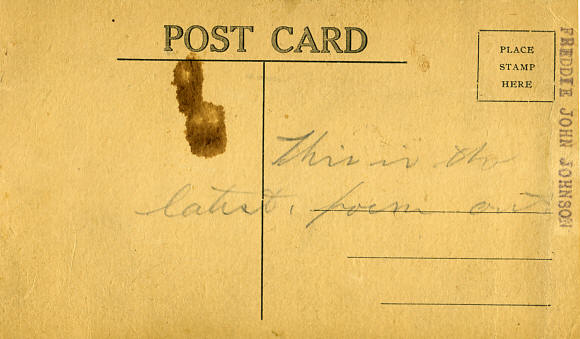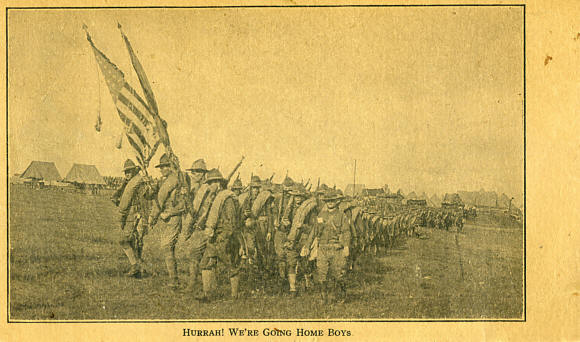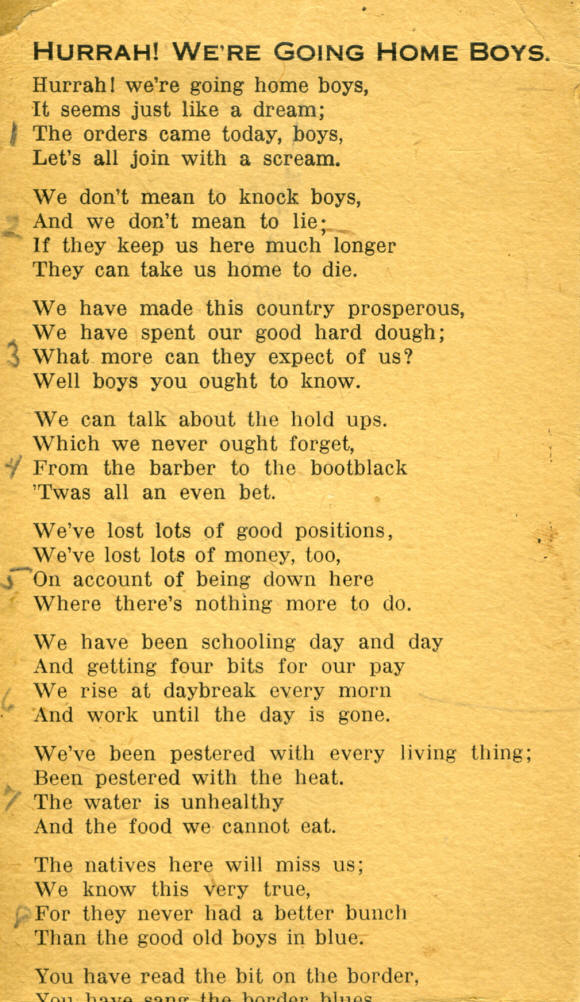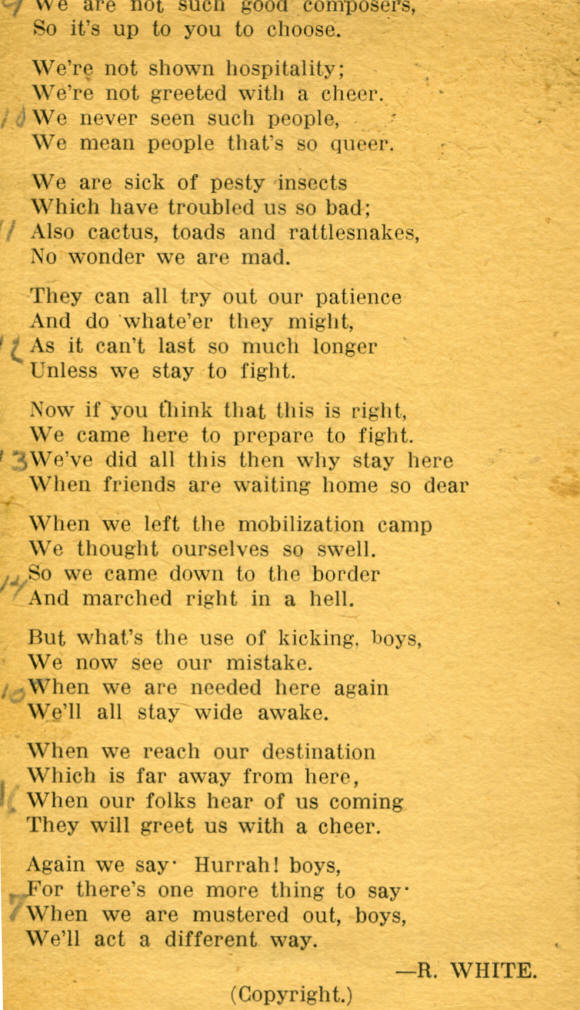|
WHITE / WHYTE: Although this surname is common throughout Britain, it is considered that the origin of the name might lie in some ancestor being of 'fair complexion', and as such was common among the Anglo-Saxon and Nordic inhabitants of early Britain, multifarious lines quickly evolved. An additional origin may be from 'White-smith', an early form used for the trade of tinsmith. The earliest record of the name in Scotland is of Uuiaett Hwite who witnessed King Edgar's Charter to Coldingham c.1100. The Latin form Albus is another rendering of the same name. Many documents of the 15th to 17th centuries use the prefix 'Quh-' for 'W-', giving us 'Quhite' etc. The Gaelic name M'Illebhain (son of the fair servant) is said to have been 'anglicised' to Whyte - as undoubtedly have many 'Bans', 'Bains', etc, which are but Gaelic descriptive forms with the same meaning (ie.,'fair'). While the Bains had a strong representation in Ross-shire, and later developed an affinity with the Mackays, it is further South, in Argyll and Perthshire, that we have to look to find the two clans, the Lamonts and MacGregors who, traditionally, claim the Whites/Whytes as septs. Both these clans, at different times, were 'broken' (ie., had their names proscribed). Such circumstances obliged them to adopt other names, among which were White, Black and Brown. In Argyllshire a quite distinct race are said to have descended from the Macigheills, barons of Barrichebean, in Craignish, before these lands passed to the Campbells. Of the numerous Whites in Scotland, the first recorded in receipt of a grant of land was Adam, who received lands near Barskimming in Ayrshire from Robert I (Bruce), others, over the next two centuries, are noted in such diverse locations as Kincardinshire, and other parts of Ayrshire. In 1658 Robert Whytte was the first Provost of Kirkcaldy, in Fife. There is no "White" tartan but because they are claimed to be a sept of the MacGregors that tartan may be worn.
Postcard sent in by
Jacqueline Tritch on Dec 7, 2015...




|

